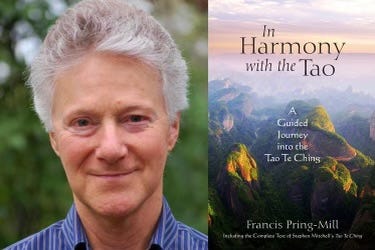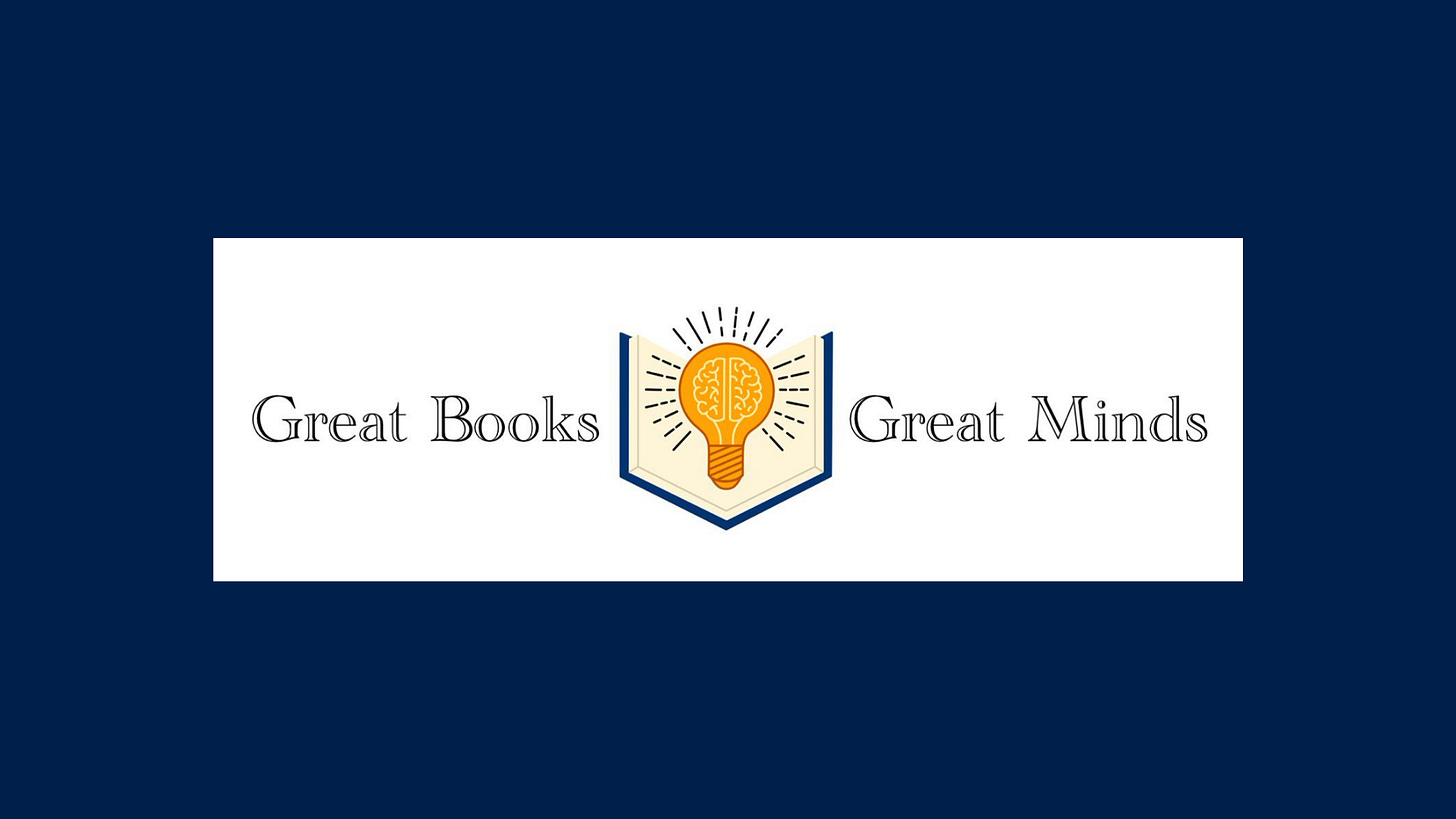The audiobook version of "In Harmony With The Tao: A Guided Journey into the Tao Te Ching" by Francis Pring-Mill offers an unparalleled opportunity to immerse oneself in ancient Taoist wisdom while navigating the complexities of contemporary life.
Whether one is traversing remote natural landscapes or commuting through bustling cities, the teachings of the Tao Te Ching, conveyed through Pring-Mill’s insightful narration, transform the mundane into a voyage of profound discovery.
In the relentless rush of modern existence, moments of genuine reflection are rare and precious. Here, the audiobook becomes more than just a convenience; it becomes a sanctuary.
For the listener who walks through forests or sits on a commuter train, "In Harmony With The Tao" offers a way to connect deeply with the Tao Te Ching's essence.
The act of walking or traveling, inherently aligned with the Taoist appreciation of natural flow and movement, complements the listening experience. It encourages a meditative state where the mind is receptive, allowing the wisdom of the Tao to permeate deeply.
The words, carried by the author's voice, become a living presence, guiding the listener through the intricacies of ancient philosophy as applied to the fabric of everyday life.
Hearing the author narrate his work adds an invaluable dimension to the experience. Pring-Mill’s voice, imbued with understanding and reverence for the text, brings a personal touch that written words alone cannot convey.
This connection fosters a deeper engagement with the material, as the nuances of tone and emphasis illuminate the subtleties of the Tao Te Ching's teachings. I found listening to it akin to having a wise mentor by one’s side, making complex ideas accessible and relevant.
The immediacy of the spoken word bridges centuries, making timeless wisdom feel urgently pertinent to our current dilemmas and aspirations.
Comparatively, reading "In Harmony With The Tao" offers a different kind of value. The printed page invites a deliberate pace, encouraging readers to pause, reflect, and perhaps reread passages that strike a chord.
It's a more solitary journey, where the reader engages directly with the text, interpreting the words through the lens of personal experience and understanding. While this method fosters deep personal insights, it may not always capture the vibrancy and emotional resonance that the human voice can deliver.
Pring-Mill’s guided journey, as heard in the audiobook, facilitates a unique blend of learning and experience. The inclusion of Stephen Mitchell’s esteemed version of the Tao Te Ching, coupled with Pring-Mill’s commentary, offers a comprehensive exploration of Taoist wisdom.
The audio format makes these insights accessible in moments when traditional reading is not feasible, enriching daily routines with philosophical depth.
Listening to "In Harmony With The Tao" while on the move mirrors the Taoist principle of flowing with life's natural course. It transforms a simple walk or journey into an opportunity for enlightenment, where the listener engages with the world in a more thoughtful, harmonious manner.
This experience underscores the relevance of the Tao Te Ching in addressing contemporary questions about living meaningfully amidst chaos.
In the end, the audiobook version of "In Harmony With The Tao" offers a dynamic and immersive way to engage with the Tao Te Ching. It combines the convenience of modern technology with the profound depth of ancient wisdom, enriched by the author's personal narration.
While reading provides a reflective, intimate exploration of the text, listening brings its teachings to life in a vivid, immediate manner. Both approaches are valuable, yet the audiobook uniquely enhances the journey towards understanding and living in harmony with the Tao, especially for those seeking wisdom on the move.
What inspired you to create an audio version of "In Harmony with The Tao?”
FPM: I felt inspired to create an audio version of "In Harmony with the Tao" because, for me, reading Lao Tzu's Tao Te Ching is like having a conversation with a friendly, wise old man. I felt that an audio version would be a great way to convey the spirit of a conversation, so that's what I hope to have created.
How did you ensure that the profound messages of the Tao Te Ching were best captured in these recordings?
FPM: As for ensuring that the profound messages of the Tao Te Ching are best captured in the recording, I'm not sure I can be the judge of that. I've done the best I can. If the listener hears Lao Tzu's messages clearly then I think I will have succeeded.
What were some of the challenges and rewards of translating the narrative of the Tao Te Ching into an audio format?
FPM: One challenge of creating an audio format of the Tao Te Ching is that Lao Tzu packs a lot into a few words. As a result, in many places the text is dense and cryptic. It is hard at times to read these passages and keep the tone and pace of the narrative light and flowing for the listener. I hope that both my written words, and the way I read them aloud, makes it easy for the listener to tune in to the wavelength I feel Lao Tzu is broadcasting on.
Can you elaborate a bit more on what the recording experience was like? And what did you find most rewarding?
FPM: For me, one reward of creating the audio format has been the opportunity to spend more time up close with Lao Tzu's words. When you read a text you are already familiar with then the words come as no surprise. As a result, you tend to skip ahead mentally because you know what's coming. But when you have to read them aloud, one by one, then you cannot skip ahead mentally. Instead, you have to read the words one by one as if for the first time. As a result, the words have a second chance to make a first impression on you, as it were.
Who do you see as your ideal listener? How do you believe the audio version will resonate with them the most?
FPM: I think my ideal listener is one, or more, of three types. First, anyone already familiar with the Tao Te Ching who is interested in a fresh, modern perspective. Second, anyone who has already tried reading an existing version but found it too concise, densely written, or otherwise unapproachable. Third, anyone who has not yet discovered the Tao Te Ching and wants to read it, or listen to it, with a source of guidance at hand.
For any of these listeners, I hope the audio version will resonate with them because of the conversational style of the writing which, I hope, translates into narrated words which are easy to listen to.
What did you personally learn about yourself during the process of producing this audiobook? And did you find that you were able to become “one” with your narrations?
FPM: One thing I learned from the process of producing this audiobook is how different the spoken word is from the written word. Since the words themselves are the same, I somehow expected that narrating the words wouldn't be a whole lot different from reading them on the page. I was wrong. Hearing some passages aloud, even though I both wrote and narrated them, I found I became aware of some of the messages more clearly.
In terms of your other question in terms of whether I became "one" with my narrations? Well, I hope so [laughter]. If the listener picks up on Lao Tzu's messages, without being particularly aware of how he or she is doing so - then I will have succeeded because I will have disappeared into the text. To my mind, this is the way it should be. It's not about me, or even about Lao Tzu - it's about the timeless truths he's pointing to.
How did you engage your listeners, encouraging them to reflect on the teachings of the Tao Te Ching in the context of their own lives?
FPM: My book is a guided journey through the 81 chapters of the Tao Te Ching and I end each chapter with a pattern. First, I reflect on what the messages mean to us today, then I ask a question about what our experience of life would be like if we acted on the messages. And lastly I summarize the messages of the chapter in a sentence or two.
My hope is that listeners will experience an Aha! moment with respect to what Lao Tzu is talking about. If they do, they may be able to take away these personal insights and apply them in their own lives.
I cannot say what someone else's personal insights might be, nor can I say what they might do with them. But the listener and I can go on a journey together in which we can each make these discoveries for ourselves. That's the purpose of the book.
Did you feel that Stephen Mitchell's interpretation of the Tao Te Ching was ideal for the audio version?
FPM: Yes, I definitely felt like Stephen Mitchell's version of the Tao Te Ching was ideal. Over the years, I have read many versions. There are literally hundreds of them. Some are scholarly or academic, others philosophical or poetic. But I kept coming back to Stephen Mitchell's version because his words just seemed to resonate with me.
I agree with religious scholar Huston Smith who once remarked that:
"Mitchell's rendition of the Tao Te Ching comes as close to being definitive for our time as any I can imagine. It embodies the virtues its translator credits to the Chinese original: a gemlike lucidity that is radiant with humor, grace, large-heartedness, and deep wisdom."
I feel this is very true.
What was it like to build upon his work?
FPM: I very much enjoyed building upon Stephen Mitchell's version and I owe him, and his publisher HarperCollins, an enormous debt of gratitude for permission to include all of his text. Stephen's version is the foundation of my book. Without it, "In Harmony with the Tao" wouldn’t have been possible.
What kind of feedback or experiences do you hope listeners will share after engaging with the audio version of "In Harmony With The Tao"?
FPM: If listeners share their experiences with me, I hope it will be that they have had those Aha! moments I referred to earlier. In other words, that they will not only have gained personal insights but will also have been able to see ways in which to apply those insights in how they live their lives.
In a nutshell, when we live centered in the Tao our lives flow in harmony with the world around us; whereas when we live centered in ourselves and our desires then often all we create is noise, confusion, and stress.
If a listener has such insights and shares them with me that would be great. But even better would be if they shared them with others whom they think might have similar insights for themselves.
Given the timeless relevance of the Tao Te Ching, are you hoping to pursue other books in a similar audio format?
FPM: The short answer is yes. Timeless relevance has no expiration date. I have a second book which will be published this summer. If a listener enjoys "In Harmony with the Tao" then he or she will also enjoy my second book. For the time being, I will leave my answer at that
Your Invitation
Thank you for joining me here at “Great Books, Great Minds," where your passion for books takes center stage. This endeavor is more than a project; it's a labor of love that's driven by countless hours of research and writing. It's my way of contributing to a world filled with community, connection, and meaningful conversations, all nurtured by the power of literature.
If you've found this digital newsletter to be a source of inspiration and insight, if you relish the opportunity to explore exceptional books alongside remarkable authors and fellow book enthusiasts, then I'd like to extend a special invitation to you.
Join our community as a valued supporting member with a subscription at just $6.00 per month or $60.00 per year. By supporting the world of independent writing you are helping us in our ongoing quest to create compelling experiences between you and the authors that we regularly feature.







I bought this book recently, so it is in my library awaiting my attention. I do not subscribe to Audible, and it does not seem available on Everand, so I will have to stick to my inner voice. However, I always find it nice when the author reads their own words. It does add a nice touch.